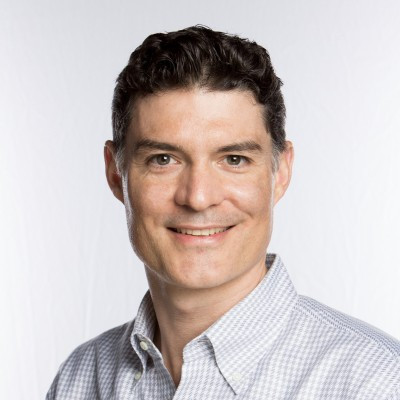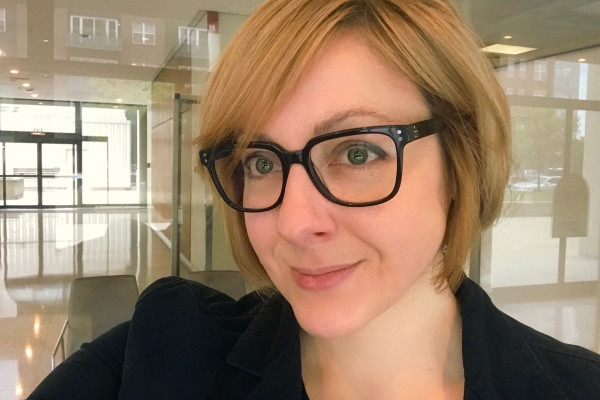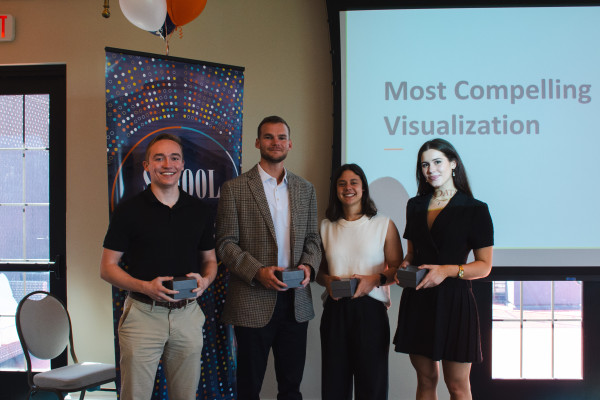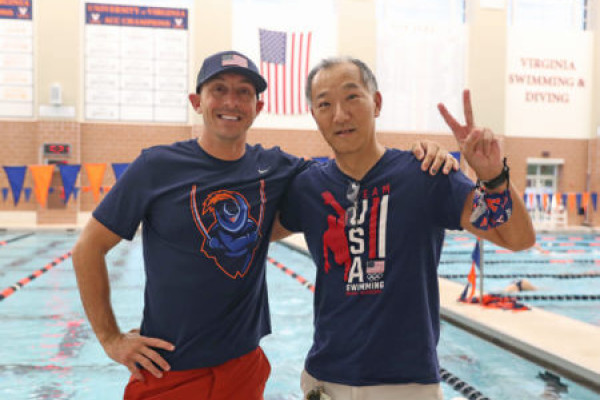
UVA’s Online Data Science Master’s Program Adds Health Care-Focused Course

Data science can help inform decision-making in a vast array of fields, but there are few sectors where it can be more consequential than in health care.
Christian Wernz, a lecturer at the University of Virginia’s School of Data Science and lead data scientist at Sentara Health, has seen first-hand both the promise of data in driving better health outcomes and the challenge of implementing new technology in an industry that is often hesitant to embrace change.
“The health care industry is one of the slowest to adopt any new technology. They’re very risk averse and conservative — in part for good reason, because if they make mistakes, people die,” he said.
At the same time, Wernz added, medical professionals can sometimes focus too much on the potential downside of new tools, such as large language models, to their detriment and lose sight of their ability to enhance a patient’s experience.
Data scientists, he said, “need to understand that mindset.”
That’s why, this fall, Wernz is teaching a new course titled “Health Care Data Science,” which is offered as an elective through the online master’s program at the School of Data Science.
The idea, Wernz explained, is that the class will take “students on a journey from the source of the data all the way to the very end of someone making a decision based on these data” in a health care setting.
It’s a journey Wernz knows well, both from his time in academia and his experience working within the health care system.

Wernz served as an assistant professor of industrial and systems engineering at Virginia Tech earlier in his career and found himself increasingly drawn to health care.
He would go on to teach health care administration at Virginia Commonwealth University. Soon after, he would develop a deep interest in data science, which led to a realization.
“I realized that the best way to learn about data science is to actually do it, and getting data from hospitals was basically impossible or very, very slow at best,” he said.
So, he left academia to become a data scientist with UVA Health for three years. Then, in 2024, Wernz joined Sentara, a nonprofit health care system operating in Virginia, North Carolina, and Florida.
Now, he’ll combine his industry experience with his time in the classroom to offer an all-encompassing course on how to effectively practice data science in health care settings.
The first step, he said, is understanding the landscape in which you’re operating.
“Hospitals have these massive electronic health record systems where they store these data. And so, knowing health care terminology, how health care and how a hospital works, is critical to be able to understand and put these data into context,” Wernz said.
He added: “Someone who does not have this background would have a very difficult time, even with the best of technical skills.”
The class will also, of course, focus on strengthening students’ technical skills, including educating them on how to find and extract health care data using the programming language known as structured query language, or SQL.
From there, students will explore various aspects of analyzing data and how to visualize it through the data visualization tool Tableau to gain some initial insights.
Finally, Wernz and his students will dive into how machine learning can be used with data to make predictions, as well as the ethical and economic considerations that come with model implementation.
“How certain does your model have to be before you start intervention? For that, you have to understand the economic and health benefits and risks with taking actions, and that actually informs what your threshold is,” he said.
For instance, he explained, if a medication has no side effects, and a physician thinks but is not certain a patient has an infection, the drug in question may be administered without significant concern.
“But let’s say this medication has massive side effects,” Wernz said. “Now you want to be more sure of that.”
Getting to the point where students can produce a machine learning model that helps clinicians confidently make these decisions will be a focus of the class, Wernz said.
Wernz said he has already seen health care systems showing more willingness to embrace machine learning capabilities, including at his current employer, which, he said, didn’t have a data science team two years earlier but now recognizes it as “a core competency.”
While data science can be applied in myriad fields, Wernz sees a particular need for a health care-focused class.
“As an industrial and systems engineering professor, I looked at manufacturing, the supply chain, health care — health care as a domain is magnitudes more complex than any of the other topics,” he said, estimating that medical students learn roughly 20,000 new terms.
When tackling a health care project, Wernz explained, data scientists must develop an expertise in the narrow medical domains they are working in and a proficiency with data sets they have never worked with before.
Challenges like these, he said, are why there is a need for a data science class dedicated to health care: “You need both of these skills, the methodological and the domain expertise.”
After this fall, the class is scheduled to be offered again in summer 2025 then in spring 2026.



